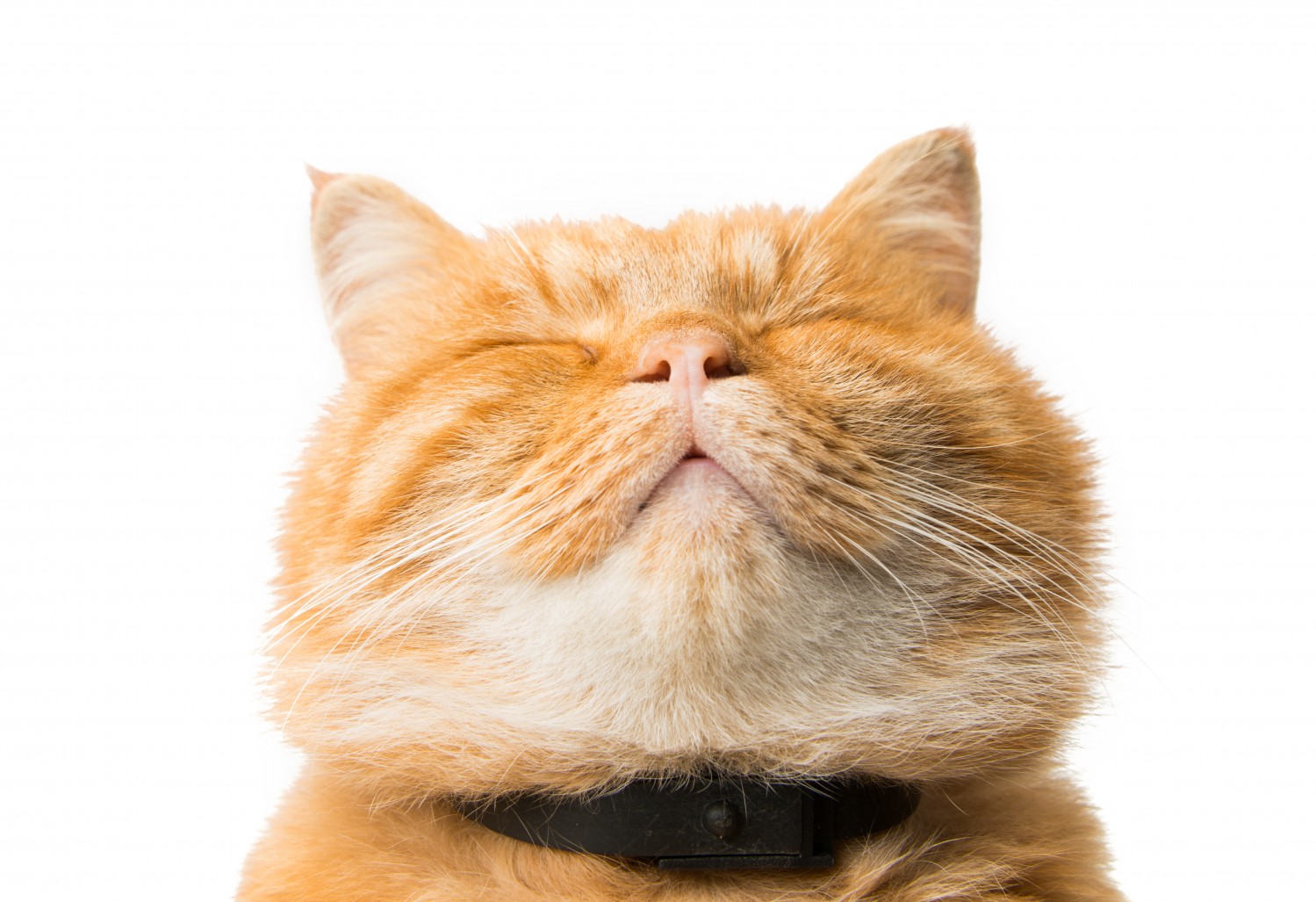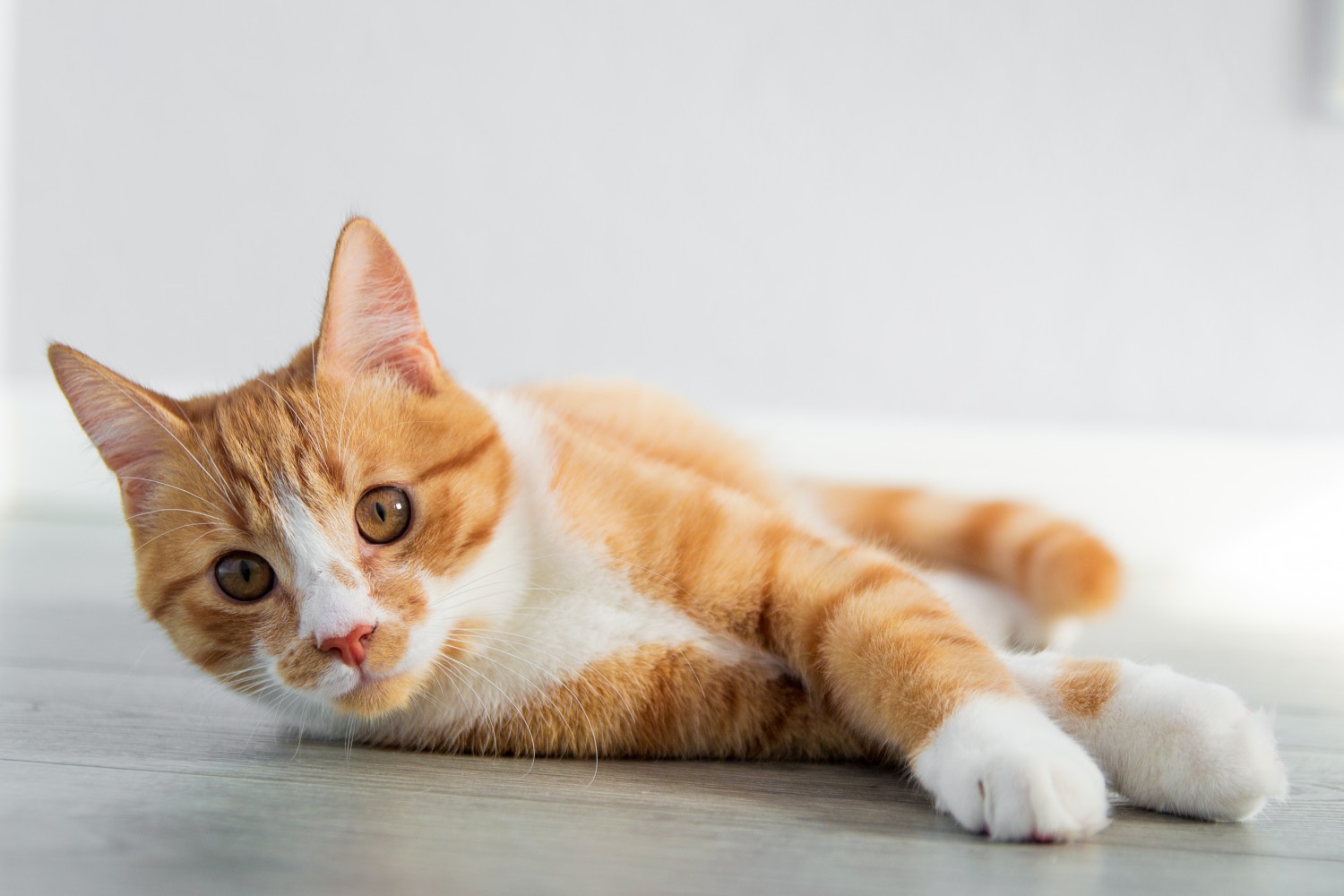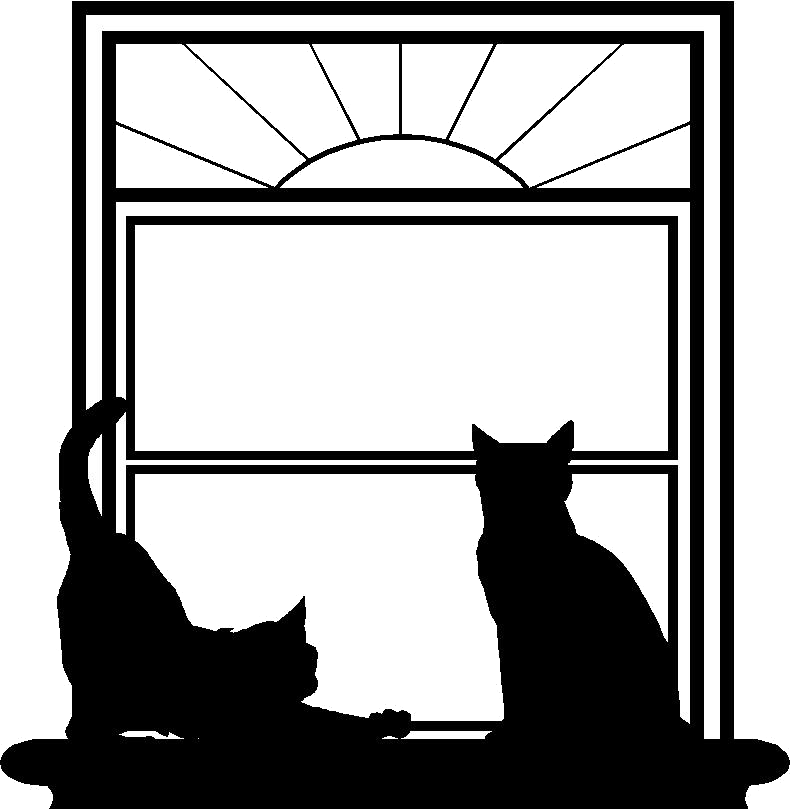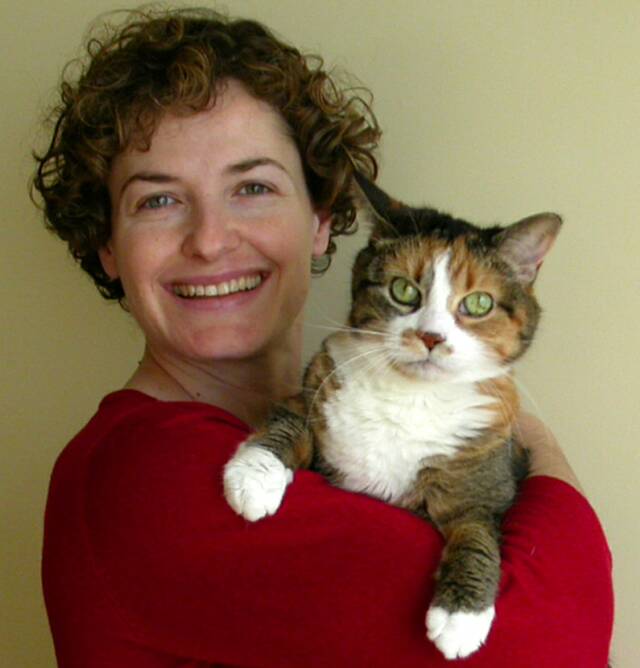Feline Behavioural Consultations
|
 |
Cats are very complex and sensitive creatures who generally dislike change, discomfort, boredom, excessive noise, an inappropriate or dirty litter box, etc. The things that upset cats can change their behaviour, often to the dismay of their human families. Clients regularly call us seeking help for problems such as:
|
|
|
- Inappropriate elimination or Housesoiling (urinating or defecating outside of the litter box)
- Inter-cat aggression (aggression between housemates)
- Aggressive behaviour towards people
- Redirected Aggression - seemingly unprovoked attacks toward you or other cats in the household.
- Introduction of a new baby to the family
- Scratching furniture, drapes, etc.
- Excessive night-time activity
- Excessive vocalization ie yowling or meowing (day or night-time possible)
- "Play" Aggression
|
For house-soiling problems (urine and bowel movements)...
It is important to remember that physical reasons for the behaviour may be part or all of the cause and may need to be addressed at the same time, especially with urinary issues. When you call to set up the appointment, we will assess whether the signs are:
Predominantly Physical:
- signs of discomfort: such as licking the penis, squatting frequently, unproductive straining, vocalizing while urinating, urinating small amounts
- urinating a larger amount of urine than is normal (more than 2 to 3 normal "urine balls" per day)
- urine smells or looks funny ie blood, pink colour, cystalline.
- soiling only stool, especially if small, hard nuggets (common to be contipation in older cats)
- or soft/unformed stools, possibly with blood.
Or, Predominantly Behavioural:
- urinates outside the box in "normal"-sized amounts
- "sprays" vertical objects
- or soils a combination of urine and stool.
|
 |
|
|
If the problem is predominantly physical: we will book in a routine physical examination. If it turns out there is a behavioural component, me may need to reschedule a time to discuss that in more detail.
During the physical examination, we will decide if testing of blood or urine is warranted.
If the problem is predominantly behavioural: we usually set up the appointment as a behaviour consultation first, which is a 1 hour appointment. During COVID, we will be doing this by telemedicine and if needed, the exam will be set up separately.
- We will get a comprehensive history on the behaviour and litterbox habits
- And we will come up with an initial plan right at that visit so you can start making changes immediately.
- Modifications may be made to the treatment plan if tests are done and come back showing a physical problem.
- We will do a followup call with staff and/or a recheck consultation with the Veterinarian to assess progress.
|
For All Other Behaviour Problems...
Behavioural consultations are best done by telemedicine and especially now with COVID. If needed, we can set up an exam following the consult
- if we need to prescribe medication and haven't seen your cat in a while or your cat is new to us
- If we decide anti-anxiety medication is warranted, blood and urine testing will also likely be needed
- if we feel there is a physical component that is best addressed in person such as such as hyperthyroidism, allergies, diabetes, high blood pressure, etc.
During the consultation, our Veterinarian will ask many seemingly wide-ranging questions in order to determine exactly what is going on, and suggestions are made as to how to proceed, with concrete plans before the consult is finished.
Consultations are followed up with phone calls from the clinic staff to determine what progress is being made and recheck consultations with Veterinarian, Dr. Rosenberg, may also be needed.
For Aggression-Related Problems:
 |
It is ideal if you can write down in detail (and send by email to us prior to the appointment) 3 "incidents" that occurred that represent the problem, including:
- what was going on when it started, especially if anything seemed to "trigger" it
- describe the event in as much detail as you remember
- describe what you did and how your cat responded to that
- describe how your cat seemed afterwards and if it took some time for him/her to be back to normal
|
|
Punishment and Rewards
In general, direct physical punishment is ineffective and inappropriate with cats as it causes fear of the owner and will not stop the behaviour. As mentioned before, cats become upset by loud noises, for example, so shouting at your cat is not recommended. Keep in mind, too, that your cat's behaviour does not mean it is trying to punish you or "send you a message". Cats are not devious creatures and don't "hold grudges" like our human counterparts. There is usually a much simpler explanation.
|
|
Rewards for training purposes, on the other hand, are very important and useful in encouraging appropriate behaviour.
|
In Conclusion
Most cats learn to adjust to owners' lifestyles readily, with few behavioural problems. If you feel you have problems that you cannot resolve, please feel free to approach our staff and arrange a Veterinary behavioural consultation. We have a great interest in behavioural counselling and enjoy bettering the relationship between our clients and their cats.
Dr. Sharon Rosenberg
|
|





